The History of eXeLearning: From New Zealand to Collaborative Evolution in Spain
eXeLearning is a free and open source software tool that facilitates the creation and publication of Open Educational Resources (OER). Its history is an example of international collaboration and continuous development, evolving into a modern and accessible tool for the educational community.
Origins in New Zealand
The eXeLearning.org project (XHTML Editor for eLearning) was born in New Zealand. Its development was funded by the eCollaboration Fund of the New Zealand Government’s Tertiary Education Commission. It was led by institutions such as the University of Auckland, Auckland University of Technology, and Tairawhiti Polytechnic, and later supported by CORE Education, a non-profit New Zealand organization.
The project’s initial goal was to offer an open-source authoring application that would help teachers and academics publish web content without needing to master HTML or XML. Resources created with eXe could be exported in formats such as IMS Content Package, SCORM 1.2, or IMS Common Cartridge, or as simple standalone web pages. The tool gained international recognition, becoming a finalist and winning a Leadership Award at the IMS Global Learning Impact Awards in 2008.
The Spanish Impulse and Early Improvements
In 2010, Spain’s INTEF (National Institute for Educational Technologies and Teacher Training, then ITE) took over coordination and promotion of the project. Since 2011, the Ministry of Education, Vocational Training and Sports (MEFPD) has financed eXeLearning’s development — first directly, and later within the framework of CEDEC’s (National Center for Curriculum Development in Non-Proprietary Systems) initiatives, a body functionally dependent on INTEF and the Regional Government of Extremadura.
Under CEDEC’s coordination, a community of developers and users was fostered, contributing to the tool’s evolution, significantly improving usability and functionality. The Government of Extremadura, in particular, collaborated intensively, contributing personnel, developing new features and games, and participating in the pilot of the much-requested online version of eXeLearning.
The Need for Modernization
Over time, despite continuous improvements, it became necessary to carry out a thorough analysis of the existing code and its evolution needs. To ensure that eXeLearning remained a modern and competitive tool, a recoding adapted to the latest versions of the underlying technological platforms was required.
This modernization and evolutionary development effort was formalized in a Collaboration Agreement signed in 2021 by the Ministry of Education and Vocational Training (MEFP), the Department of Education and Sports of the Andalusian Government, and the Department of Education and Employment of the Government of Extremadura.
The purpose of the agreement was precisely the evolutionary development of the eXeLearning application as a tool for creating OER. This involved analyzing and rewriting the code to generate a new stable version integrating all current functionalities and improvements identified by the participating parties and gathered from the community of developers and users.
The Modern Tool: eXeLearning 3.0 and Regional Collaboration
Although the code resulting from the agreement laid the groundwork for the initial development, achieving the tool as it exists today — with its renewed, modern interface — required continuous and dedicated work to consolidate, refactor, and verify the resulting code to ensure full stability and optimal performance as a web application.
The ongoing evolutionary development and modern reimplementation of the editor, known as eXeLearning 3.0 (built with modern technologies such as PHP 8 and Symfony 7), is the result of the collaborative effort of the regional governments that signed the eXe protocol — specifically, a development team composed of members from Cedec-INTEF, Extremadura, the Canary Islands, Galicia, the Valencian Community, and Madrid.
Regional administrations that signed the eXe protocol:
 |
 |
 |
|
 |
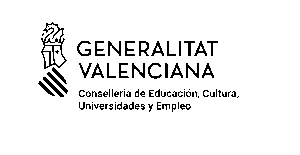 |
 |
 |
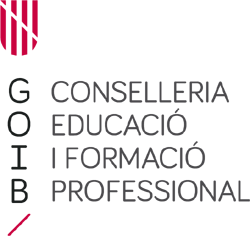 |
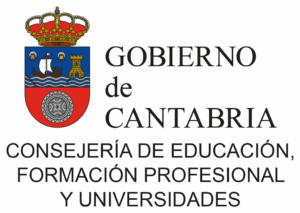 |
 |
 |
 |
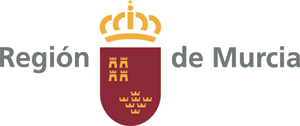 |
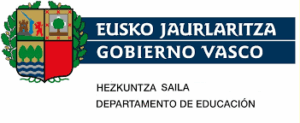 |
An Open and Collaborative Project
eXeLearning has always upheld a philosophy of openness and collaboration. CEDEC continues to coordinate the project and manage the official repository, ensuring that eXeLearning remains open-source (AGPL-licensed) and fostering the expansion of its community of developers and users.
Collaboration is not limited to public administrations. eXeLearning fundamentally depends on the work of institutions and individuals who contribute translations, developments, suggestions, and bug reports. Users play a crucial role in identifying needs and providing suggestions that are taken into account for the continuous improvement of the tool.
Even parallel developments, such as eXeReader (a viewer for materials on mobile devices), have emerged directly from collaboration with educational centers and students, demonstrating the open and participatory nature of the project.

